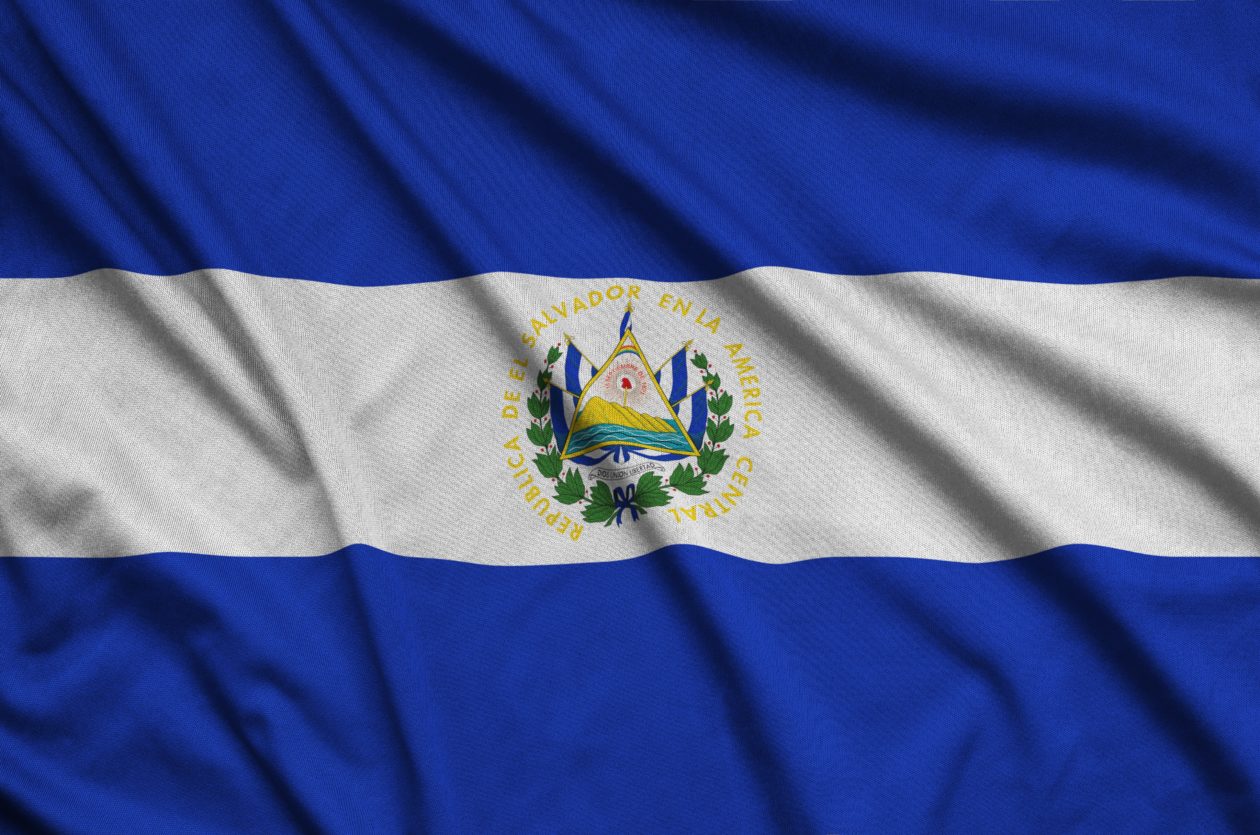Skyrocketing activity has led to a surge in average Bitcoin transaction fees — which rose to US$31.15 as of March 8 — exerting increasing pressure on users in low- and middle-income economies including Bitcoin-reliant communities in El Salvador, the first country to implement mass adoption of the digital currency.
Fast facts
- Bitcoin users in El Salvador — the first country to adopt mass use of Bitcoin as legal tender — have used Twitter to highlight the increasing limitations that rising transaction fees are exerting on their ability to make daily transactions.
I’m in El Salvador 🇸🇻 right now. Just witnessed a cash withdrawal via #btc
— Marce Romero (@MarceMR19) May 8, 2023
This individual now had to pay $20 in fees for getting $100 out in a country where the avg. salary is $300-350
I want you to think about this when enabling gambling on fkn jpegs or meme coins.
This is… pic.twitter.com/RTVLqG7DNn
- The recent burst of activity is related to the Ordinals protocol on the Bitcoin blockchain, which has led to soaring costs for users, causing transaction fees to increase rapidly and delaying transactions.
- The protocol introduced “inscriptions,” which can be added to sequentially numbered satoshis — the smallest denomination of bitcoin — to create unique non-fungible tokens or NFTs.
- The protocol is now also being used to mint BRC-20s, which are essentially fungible tokens that can be created in huge quantities on the Bitcoin blockchain.
- The popularity of these new tokens has clogged the Bitcoin network, pushing it to its operational limits and causing users and exchanges to consider alternatives such as the Lightning Network, a layer 2 scaling solution designed to make Bitcoin transactions faster and cheaper.
- A number of exchanges including Kraken and Bitfinex are now using the solution. A spokesperson for Binance said in an email to Forkast that the world’s largest cryptocurrency exchange is also “looking to enable BTC Lightning network withdrawals for users within the next few months.”
- However, even Lightning requires an initial on-chain transaction, which is now out of reach for many users due to high costs.
- Bitcoin’s high fees are significantly weighing on users who rely on base layer payments, particularly in parts of Africa and Latin America.






